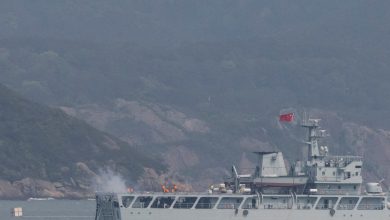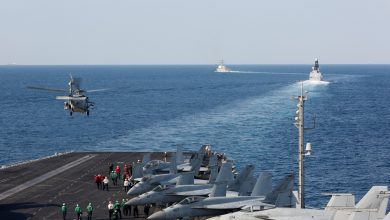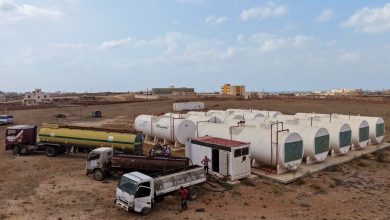Experts in the energy sector have affirmed that the continuous rise in oil prices in the global markets in recent weeks, poised to reach $100, reflects the effectiveness of the cautious policy pursued by the “OPEC+” group amid increasing geopolitical tensions.
In this context, energy expert Ahmed Tartar stated to the Algerian news agency that the prices, which have risen to over $90, are in line with the cautious policy of the Organization of the Petroleum Exporting Countries (OPEC) and its allies outside the organization, known as “OPEC+,” which managed to achieve a “precise balance” between supply and demand.
He added that the cautious approach and continuous monitoring of all changes in the oil market will allow for the sustainability of this price level, serving both producers and consumers, and reaffirming the role of the “OPEC+” alliance in managing the international oil market to achieve a price range that serves the development of producing countries without disrupting the financial balances in consumer countries.
Furthermore, Tartar emphasized the importance of the recent meeting of the Joint Ministerial Monitoring Committee (JMMC) held on April 3rd, which praised the commitment of participating countries to production cuts and additional voluntary reductions, with “readiness to take additional measures to address any emergencies.”
This meeting particularly supported the markets by urging producers to supply only the necessary quantities to achieve a “balancing price.”
According to the expert, this demonstrates that “OPEC+,” which monitors the situation from month to month, is managing the process “effectively,” having successfully reconciled supply and demand during the first half of the current year. It is expected that the alliance will meet again at the beginning of June to reassess and examine this trajectory in light of market developments.
Regarding the factors considered by the organization and its allies, Tartar particularly pointed out the global economic situation, still affected by the repercussions of the COVID-19 pandemic and geopolitical tensions in Eastern Europe and the Middle East, mostly related to oil production or transportation areas.
Additionally, many refineries around the world are shutting down for maintenance as spring begins, with some expected to cease refining about 800,000 barrels per day of oil in China alone.
Taking into account these factors, the expert warns against any sudden increase in prices, as it would allow some non-OPEC+ producing countries to expand their market share, leading to inflation and subsequently reducing demand.
The Joint Ministerial Monitoring Committee for “OPEC+” recorded during its recent meeting the commitment of alliance members, after reviewing crude oil production data for January and February 2024.
It also welcomed the commitment of both Iraq and Kazakhstan to achieve full conformity and compensate for production surpluses, as well as Russia’s announcement that its voluntary adjustments in the second quarter of 2024 “will affect production instead of exports.” Moreover, countries with excess production in the first quarter of the current year will submit their detailed compensation plans to the “OPEC” secretariat by April 30th.




